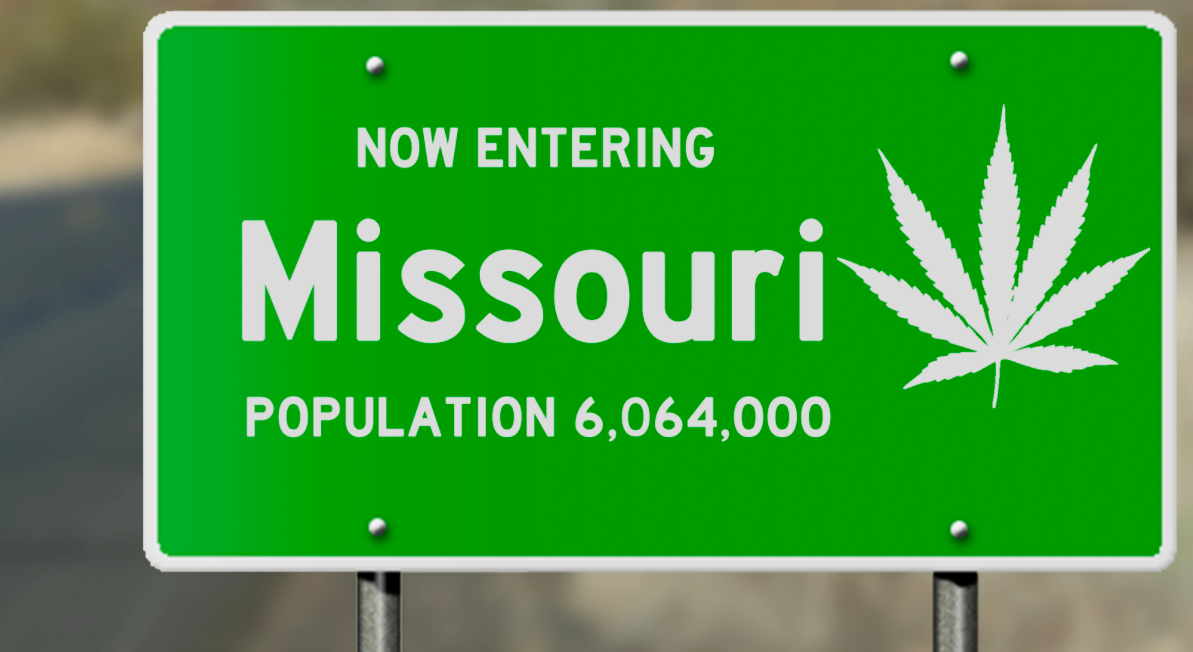For the first time in Missouri history, a Republican lawmaker is sponsoring a unique cannabis reform bill that would place an adult-use legalization initiative on the state’s next election ballot.
State Representative Shamed Dogan (R) just pre-filed House Joint Resolution 30 (HJR 30), a proposed constitutional amendment to legalize cannabis. This amendment would completely remove cannabis from the state’s list of controlled substances, allow adult-use sales, and automatically clear the criminal records of any Missourian who has ever been convicted of a non-violent weed offense.
Dogan argued that his bill would help put an end to the racially disproportionate enforcement of cannabis prohibition laws, while also bringing a new source of revenue to the state. “Ten percent of the total arrests in the state of Missouri in 2018 were for marijuana possession,” the lawmaker told KCUR 89.3. “Just by tackling that, that’s going to address a lot of those racial disparities.”
Not only would the bill stop future weed arrests, it would expunge the criminal records of anyone with non-violent weed convictions in the state. Anyone currently serving a sentence for a non-violent pot crime would also immediately be released from prison.
The bill also has a number of unique provisions that set it apart from states where weed is already legal. For one, there would be no limit on how much pot a person could possess. “I mean, you can buy any amount of alcohol you want, right?” said Dogan to FOX4 News. “You can buy any amount of tobacco that you want, so I think it should be regulated the same ways.”
HJR 30 would tax legal weed sales at 12 percent, which Dogan says “would be one of the lowest in the country.” Ideally, this low tax rate would keep legal weed prices low, inspiring consumers to abandon the black market in favor of legal sales. “If you make that tax too high, then you still have a pretty robust black market,” Dogan said. Even so, pot taxes could still bring hundreds of millions in tax revenue to the state, which the bill would distribute to drug treatment programs and infrastructure.
Even more unusually, the state would take a hands-off policy towards cannabis business regulation. In every state where adult-use weed is legal, there is a board of regulators that will grant a specific number of cannabis licenses to businesses who pass a grueling application process. Under Dogan’s proposal, Missouri would have no say in what businesses could sell weed, and there would be no cap on the total number of pot businesses.
“What I’m trying to do is reduce the amount of regulation on the industry,” said Dogan to KCUR. “By and large, if you want to get a license to grow or sell, you can do it.” Prospective businesses would need to get approval from their local city or council board and need to adhere to local ordinances regarding the number and location of weed companies, but the state would have no say in the matter.
Dogan’s unusual decision to avoid state regulation was inspired by the state’s muddled rollout of its medical marijuana program. Missouri voters legalized medical cannabis in 2018 via a ballot measure, but thanks to regulatory delays and legal battles, the state has yet to open a single dispensary.
But even if the bill is approved by the Legislature and the governor, weed will not immediately become legal. Because the legislation seeks to amend the state constitution, it must also be approved by a majority of the state’s voters. If passed, the bill would place a legalization initiative on the state’s 2022 midterm election ballot, allowing voters to make the final decision.
“I think especially with an issue as important as this, it’s something that we do want to hear from the people of Missouri on to make sure we’re doing this the right way and to make sure that we have their support,” said Dogan to FOX.











